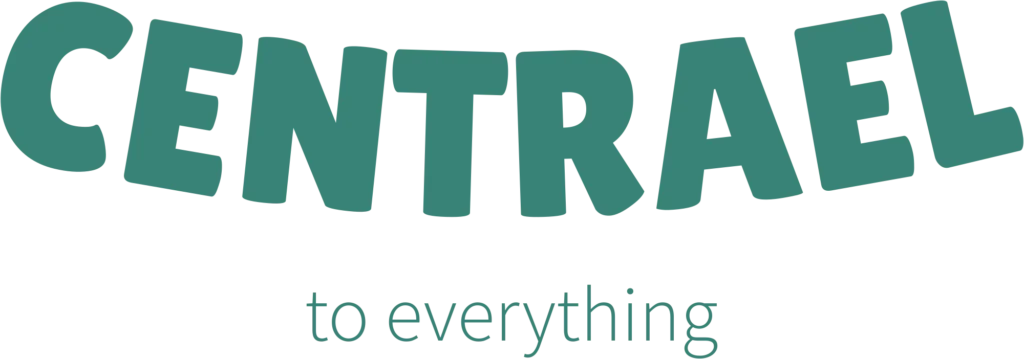Vitamin B12, often referred to as cobalamin, is a crucial nutrient vital for maintaining our body’s overall well-being. While it’s commonly found in animal products, vegetarians often find themselves in a quandary about how to get enough of this vital nutrient. If you’re a vegetarian and have been wondering about vitamin B12 foods, you’re in the right place. This guide will delve deep into the world of vitamin B12, its forms like cyanocobalamin and methylcobalamin, and how you can ensure you’re getting enough of it without compromising your dietary choices.
Understanding Vitamin B12
Before we dive into the foods rich in vitamin B12, it’s essential to understand what it is and why our body needs it. Vitamin B12 is crucial for many bodily functions:
- DNA synthesis
- Red blood cell formation
- Proper nerve function
- Energy production
A deficiency can lead to anemia, fatigue, nerve damage, and even cognitive disturbances.
Cyanocobalamin vs. Methylcobalamin: What’s the Difference?
Vitamin B12 comes in various forms, but the two most common are cyanocobalamin and methylcobalamin.
- Cyanocobalamin is the synthetic form of vitamin B12 and is commonly found in supplements and fortified foods. It’s stable and easily converted into active B12 forms in the body.
- Methylcobalamin is the natural form of vitamin B12 found in certain foods. It’s readily absorbed and used by the body, making it a preferred choice for many.
Vitamin B12 Foods for Vegetarians
While it’s true that most natural sources of vitamin B12 come from animal products, several vegetarian-friendly foods are fortified with this essential nutrient:
- Fortified Cereals: Many breakfast cereals are fortified with vitamin B12. Always check the nutrition label to ensure you’re getting a good dose.
- Plant-Based Milks: Almond, soy, and rice milk often have added B12. Opt for unsweetened versions to avoid added sugars.
- Fortified Non-Dairy Yogurts: Like plant-based milks, many non-dairy yogurts are fortified with B12.
- Nutritional Yeast: A favorite among vegetarians and vegans, nutritional yeast is often fortified with B12 and adds a cheesy flavor to dishes.
- Tempeh and Tofu: While not as high in B12 as other sources, these soy products can contribute to your daily intake.
Vitamin B12 Tablets: A Reliable Source
For those who find it challenging to get enough vitamin B12 from food sources, vitamin B12 tablets can be a lifesaver. These supplements are available in both cyanocobalamin and methylcobalamin forms. Before beginning any supplement routine, it’s advisable to seek guidance from a healthcare expert.
In Conclusion
While it might require a bit more attention to detail, vegetarians can indeed get their daily dose of vitamin B12 through a combination of fortified foods and supplements. By understanding the different forms of B12 and knowing where to find them, you can ensure that your body gets all the nutrients it needs for optimal health. Remember, a balanced diet is key, and with the right choices, you can enjoy a vegetarian lifestyle without compromising on essential nutrients like vitamin B12.
